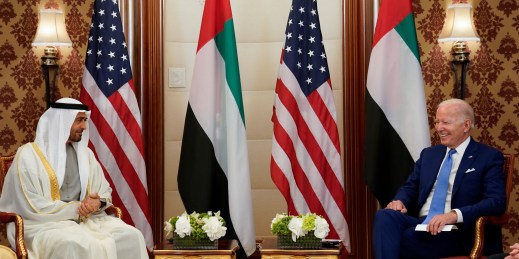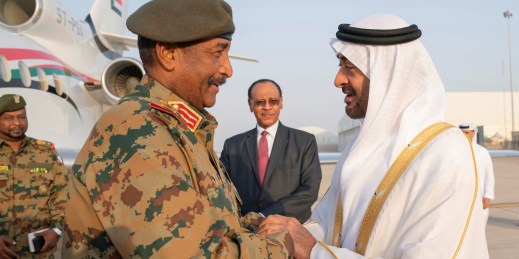
Despite minimal payoff from U.S. President Joe Biden’s visit to the Middle East last summer, Washington has nonetheless scored some diplomatic wins over the past year. But the gains Washington has made have now run into significant yet predictable headwinds, highlighting the difficulties facing Biden’s regional agenda.


